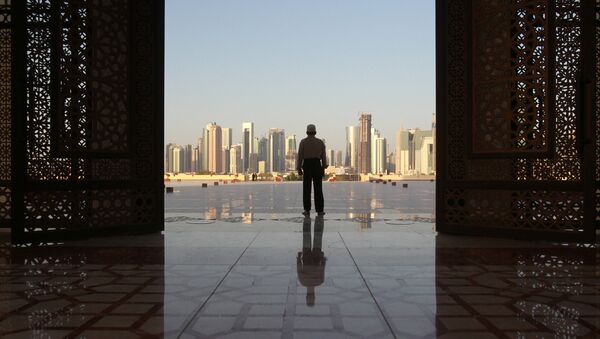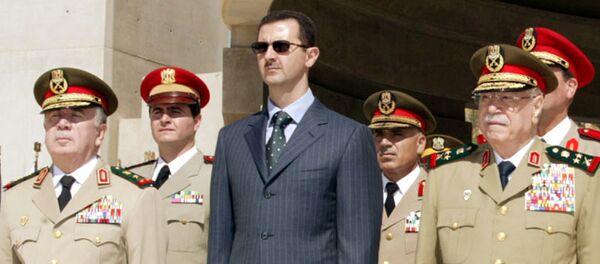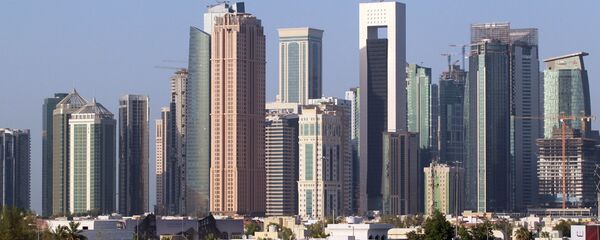Speaking at a Cairo meeting after the deadline for Qatar to accept the 13-point list of demands expired, the Saudi foreign minister said they regretted Doha’s refusal and promised month-long diplomatic and economic sanctions to continue and even deepen at the right time.
WHAT’S NEXT FOR QATAR
The range of sanctions that Qatar’s Middle Eastern neighbors might see fit to impose next on the gas- and oil-rich nation may aim for a "symbolic effect rather for a real effect," according to Allen Keiswetter, a scholar at the Middle East Institute and former US Department of State official.
But other pundits say they expect a more hard-handed approach that might range from secondary sanctions on companies that deal with Qatar to a covert attempt to change power in Doha or an outright military invasion.
"I think it very likely they will pursue further economic measures against Qatar, trying to squeeze Qatari business interests in the Gulf, restricting business activity to those companies doing business with Qatar, and looking where possible to restrict GCC dependence on Qatari oil and gas," Michael Stephens, the head of the London-based Royal United Services Institute (RUSI) in Qatar, said.
He agreed that the Qatar standoff looked set to drag on for a long time as neither side was ready to back down or make a concession needed to ensure a "reasonable and workable solution for all parties."
Dr. Christopher Davidson, associate professor in Middle East Politics at Durham University’s School of Government and International Affairs suggested the four countries might seize Qatar’s assets in the countries belonging to the coalition aligned against it.
"In the short to medium term, however, we must assume that the coalition will attempt some form of regime change in Doha, either pushing forward a Qatari candidate of their own, in a 'soft coup', or more dramatically mounting a targeted and special forces-led operation," he continued.
‘COOLER HEADS’ IN GCC
Keiswetter said "cooler heads" needed to prevail at the GCC to avoid weakening the political and economic union and pushing Qatar into the arms of their common rival Iran, which has been providing a lifeline to the isolated emirate, which relies heavily on food imports.
"If it [GCC] kicks out one of its members, then that, of course, makes it much weaker. It allows the Iranians to play into the divisions, obviously, the Iranians already has been taking notes of this," he told Sputnik.
But Dr. Davidson said it was now "almost certain" that Qatar will be formally removed from the six-nation GCC, which also includes Bahrain, Kuwait, Oman, and the United Arab Emirates. Half of them broke off diplomatic ties and participate in the traffic blockade of Qatar.
WAY FORWARD
It is now up to mediators in Kuwait and the United States to try to bring the four Arab nations and Qatar to the negotiating table, experts agreed. The upcoming G20 summit in Germany will present such an opportunity when US President Donald Trump meets the Saudi delegation, Keiswetter said.
"I hope there would be another effort by the Kuwaitis and the US to solve this problem rather than to make it worse. I still think that a solution can be found through negotiations," the pundit said.
Michael Stephens stressed the conflict required "a lot more than just talk" and the United States, in particular, needed to strongly position itself so that the GCC states knew there would be consequences.
"Unfortunately I don't see any other way out than enormous US pressure at this point, there is simply no other mechanism whereby this conflict can be solved," he added.
Dr. Davidson warned that the boycott on Qatar and the prospect of more serious action were set to destabilize the whole region. He pointed out Turkey’s role in giving sanctions-hit Doha some breathing space but said it was unable to "project substantial force all the way into the Gulf."



